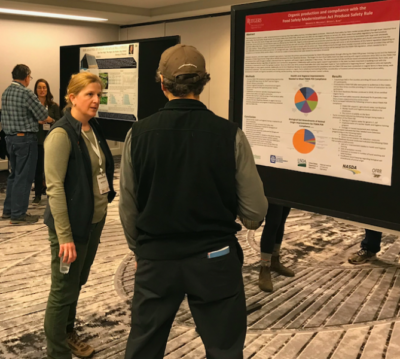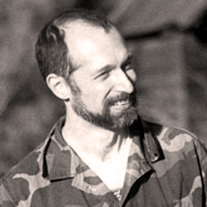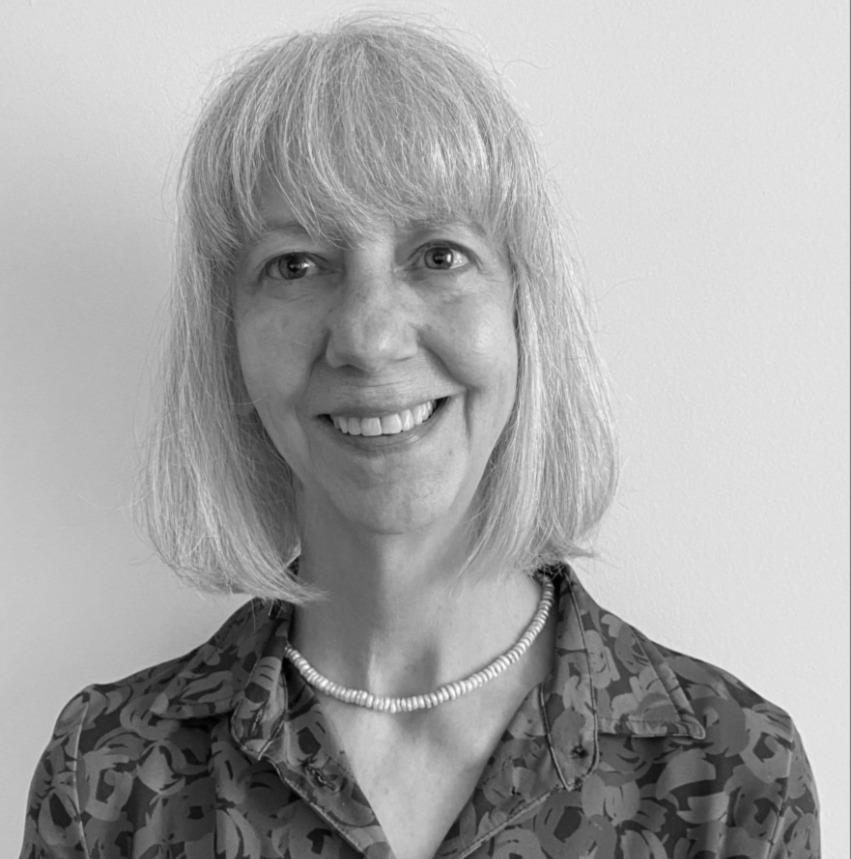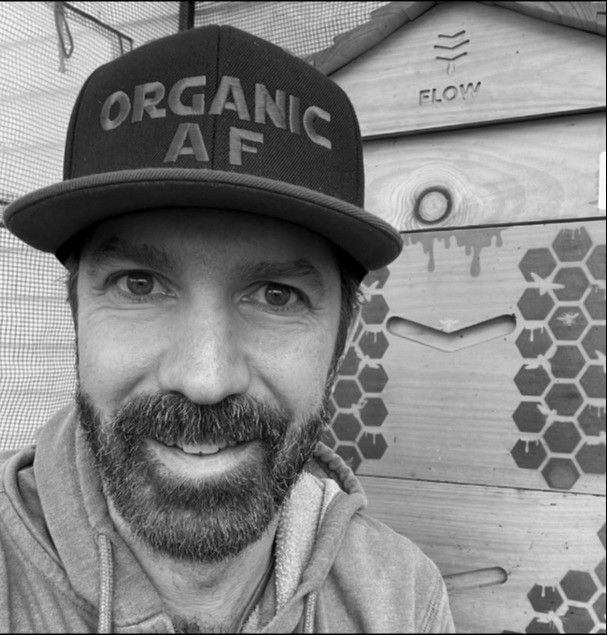Musings from the Office of Partnership Development
September 6, 2019 – by Lola Dannehl-Schickman, Development and Partnerships Manager, OFRF

Introducing OFRF’s Featured Partner: OGEE
This month, I’m excited to highlight one of OFRF’s close partners, OGEE. An award-winning, 100% organic, cosmetic company, OGEE became OFRF’s first co-venture partner in 2016. Co-venture partnerships offer organic companies the opportunity to use OFRF branding on their products. By using our logo in their marketing, companies let consumers know they are dedicated to supporting the organic farmers who make their products possible. OFRF only offers this type of opportunity to companies with the highest organic integrity and we are proud of our partnership with OGEE.
Ten years before creating OGEE, Abbott Stark was making products for some of the world’s largest beauty brands. Stark witnessed firsthand the beauty industry’s reliance on petroleum-based conventional ingredients (which come with an extensive list of health concerns) as well as artificial and synthetic production processes that are resource-intensive.
Stark learned very early on in the beauty industry that much of what we apply to our skin is absorbed into the body. Already a health-conscious consumer who prioritized eating organic, Stark began applying the same criteria to beauty products as he did to his food. Unfortunately, he could not find brands that were both certified organic and offered the same visible skincare results as conventional brands. In this vacuum of quality organic beauty products, Stark created his own. “I decided to create a product that I wanted to use myself AND that I was proud to share with my mother, my sisters, and my friends,” says Stark.
 OGEE hit the beauty scene with a “bang,” receiving accolades from magazines ranging from Allure to Vogue. Although ecstatic with OGEE’s success, Stark believes the organic industry needs a bigger voice to accelerate change, especially in the world of cosmetics and beauty. “It is still impossible to source most of the organic ingredients that we need,” says Stark, “certified organic feedstocks are minimal or completely nonexistent. At the same time, the demand for organic crops has skyrocketed, while the percentage of organic farmland has remained flat.”
OGEE hit the beauty scene with a “bang,” receiving accolades from magazines ranging from Allure to Vogue. Although ecstatic with OGEE’s success, Stark believes the organic industry needs a bigger voice to accelerate change, especially in the world of cosmetics and beauty. “It is still impossible to source most of the organic ingredients that we need,” says Stark, “certified organic feedstocks are minimal or completely nonexistent. At the same time, the demand for organic crops has skyrocketed, while the percentage of organic farmland has remained flat.”
That’s why OGEE partners with OFRF. OFRF supports farmers through grant-based research and increases the awareness of the benefits of organic agriculture through education at the federal level. According to Stark, “OFRF’s support for organic and transitioning farmers helps grow the organic supply chain, which directly impacts the accessibility of organic ingredients for companies like us. Finally, when a farmer transitions from conventional to organic, or a consumer switches from purchasing conventional to organic products, we all win because organic is better for our health and the environment we all share.”
If your company is interested in a co-venture partnership, please contact Lola Dannehl-Schickman at lola@ofrf.org.
OGEE strives to create a brand that connects the worlds of luxury and organic. Its founders searched the planet for the newest discoveries in naturally derived ingredients, such as cutting-edge Edelweiss Flower Plant Stem Cells and hero ingredient, certified organic Golden Jojoba Oil to promote healthy aging-well.
With recent articles about the toxicity of talc in most baby powders and absorption of chemical sunscreens at 20x the legal allowable level, we are reminded of the importance of aligning our beauty standards with the standards for selecting food. OGEE sets itself apart with organic certification by the NSF.
With 700% growth in 2018, OGEE delivered certified organic, clinically effective products to new audiences, which the brand celebrated as a huge success because organic farming relieves the toxic burden on the environment on the environment that we all share. Additionally, OGEE relaunched in sustainable glass packaging in 2018.
For more information, visit ogee.com.
Thank you to our 2019 Partners





 August 27, 2019—It is now widely understood that living healthy soil provides the foundation for successful farming, and supports plant, animal, and human life. However, while the concept of “feeding the soil” has been around for a long time, for many it is still uncharted territory.
August 27, 2019—It is now widely understood that living healthy soil provides the foundation for successful farming, and supports plant, animal, and human life. However, while the concept of “feeding the soil” has been around for a long time, for many it is still uncharted territory. Despite widespread opposition from researchers and members of Congress, along with questions of the legality of the move from the USDA’s inspector general, moving the Economic Research Service out of Washington DC and into Kansas City is well underway. Compounding the controversy is the bold statement of Mick Mulvaney, who, in early August, celebrated the move as an effective way to “drain the swamp.”
Despite widespread opposition from researchers and members of Congress, along with questions of the legality of the move from the USDA’s inspector general, moving the Economic Research Service out of Washington DC and into Kansas City is well underway. Compounding the controversy is the bold statement of Mick Mulvaney, who, in early August, celebrated the move as an effective way to “drain the swamp.” September 4, 2019 –The Organic Farming Research Foundation (OFRF) and Tuskegee University are pleased to announce the 2020 Organic Agriculture Research Forum (OARF) to be presented in partnership with the Southern Sustainable Agriculture Working Group (SSAWG) on Thursday, January 23, 2020 in Little Rock, Arkansas, as part of the 2020 SSAWG Conference.
September 4, 2019 –The Organic Farming Research Foundation (OFRF) and Tuskegee University are pleased to announce the 2020 Organic Agriculture Research Forum (OARF) to be presented in partnership with the Southern Sustainable Agriculture Working Group (SSAWG) on Thursday, January 23, 2020 in Little Rock, Arkansas, as part of the 2020 SSAWG Conference.


